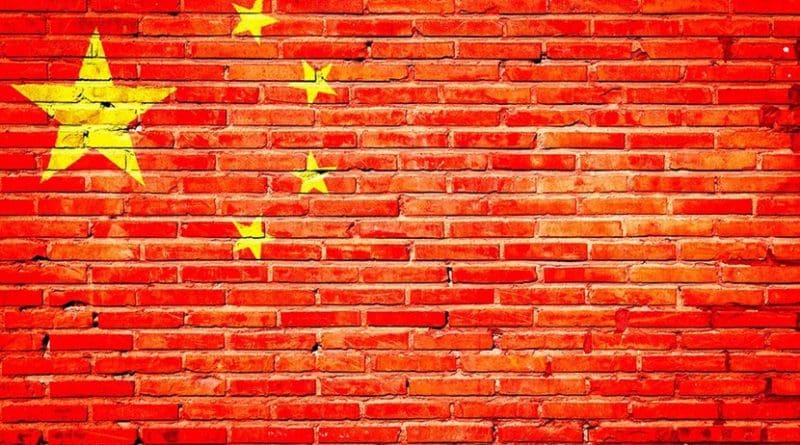Hu Jintao Exit Speech – Analysis
Chinese President Hu Jintao is leaving office and likely being replaced by Xi Jinping. There is reason for some small amount of optimism on the part of his last words as President. The use of the words like “peace”, “reform” and “democracy”, or expresses the rule of law and combating political corruption, should be cause to celebrate these guiding principles.
Hu made clear some troubling things as well. These aspirations amplified China’s commitment to recent aggression and military buildup. The speech was cleverly designed for three audiences: two competing internal factions of the CCP and the foreign listeners. It is likely intended to offer something for everybody and therefore not a completely clear picture of where China is going. It masks the division and appeals more to party unity under the banner of conservative nationalism. One is free to predict that it will continue in the direction that Hu has for the last ten years promoted, but that would be a grave error.

Major Chinese behavioral changes have been enacted over the last several years in response to the Global Financial Crisis and the shifting balance of power in the world; particularly the Pacific, Central Asia, and Africa. His speech also demonstrated as much, in the way of change for greater party controls, more socialism, increased nationalism and larger military and navy.
Most disappointing to the West was the “we will never copy a Western political system” and the “firmly marching on the path to socialism with Chinese characteristics”. Hu spoke of increasing state-run enterprise into the private sector and references to a glorious communist legacy. These were all appeals to the conservatives. Among these were also the socialist promises of greater financial equality, insurance and benefits.
Most disturbing, in light of the growing conflict in the China Seas, was the enhancing marine exploration and the specific words “resolutely safeguard China’s maritime rights and interests”.
China has ridiculously claimed territorial islands off the borders of other countries or islands and it had agreed to international arbitration under the United Nations Convention on the Law of the Seas (UNCLOS)—a treaty that it signed and ratified in 1996. Recently, the islands appear to be up for grabs. Japan nationalized the Senkaku/DiaoYu, which was formerly privately owned and claimed as Chinese territory. China officiated a governing body in the city of Sansha to administer the Paracel Islands. The whole thing is messy, with navies, coast guards, fishermen fleet seizure incidents. The speech backs up a willingness to fight for its claims justifiably. It acts as a warning to foreign nations and an inspiration to conservatives of the CCP.
Another statement confirms the longing to dominate regional and influence global affairs. The phrase “build China into a maritime power” is an endorsement that recognizes the modern necessity of a major global power to control the seas for trade and security purposes; thus fashioned after Britain and the US, for example.
Does Hu Jintao ultimately want peace?
Yes. He wants a magnificent China to lead in world affairs. He does not want war to get in the way. But what he is really afraid of, is party instability.
In the speech, Hu seeks to frame a standard Chinese argument so as to justify any future military action it may take in the coming years. This has been a guiding principle.
For example, they have consistently framed the following narrative for what is responsible in hindering greater Sino-American relations: the US is responsible for our actions. This can be seen in their arming of Taiwan, refusal to recognize Tibet as under Chinese authority, regional pressure and surveillance operations, and unwillingness to sale high-tech exports. Now they can add “containment” to that list. At the end of the day, this is only a half-truth. The US does not control the actions of China and does not necessarily force its hand in foreign affairs.
Historically, the US has tried to steer China, but what China does not realize, is that the US wants a strong peaceful China that transitions into a liberal democracy. Unfortunately, this message from the USA has not been altogether consistent or resilient. It is important to remember that the US has to contend with its hawks and doves over foreign policy strategies. It is not surprising then that if the US has two competing camps that display greater cooperation or greater mistrust with China, the PRC should have similar factions.
The trick is to bring all the divergent schools together and discuss maximizing opportunities in a mutual and positive arrangement for the region. By letting the doves negotiate with each other in diplomatic circles without the hawks, a good portion of national sentiments are not being addressed and there can be little reconciliation and agreement. Unsettling is the increasing dislike among each nation’s people the one for the other and for no apparent reasons that could not be resolved in an honest debate.

